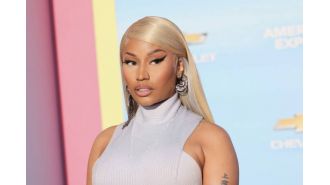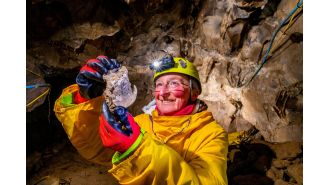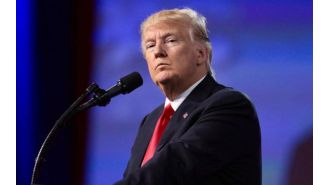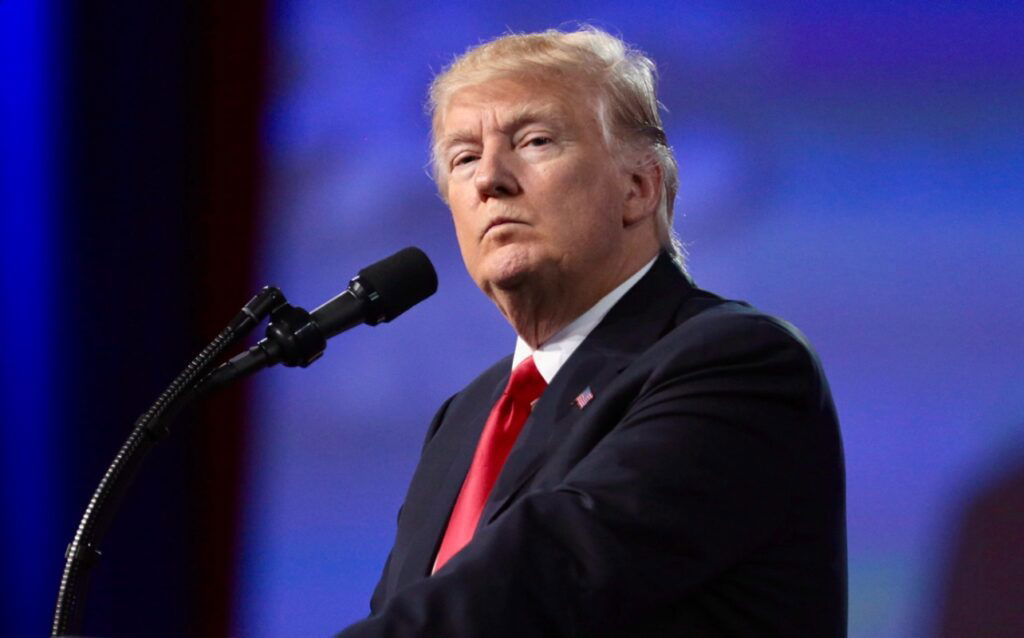An athlete taking legal action against Gatorade for being banned from the Olympics due to doping allegations.
Issamade Asinga is taking legal action against Gatorade for a doping suspension he believes was caused by their Recovery Gummies.

A young athlete's hopes of participating in the Olympics were shattered after he was banned for ingesting "recovery gummies" made by Gatorade. Issamade Asinga, a talented sprinter from Suriname, has taken legal action against the company for falsely claiming their product was "NSF Certified for Sport."
According to a report by Reuters, Asinga filed a lawsuit on July 10, alleging that his ban was a result of consuming the contaminated gummies manufactured by Gatorade. In May, he was suspended for four years by the Athletics Integrity Unit after testing positive for cardarine, a performance-enhancing drug that is prohibited by The World Anti-Doping Agency.
This suspension not only stripped Asinga of his two South American Championship gold medals but also took away his under-20 100-meter world record. The lawsuit was filed in a Manhattan federal court, where the sprinter claims that Gatorade had provided him with the gummies a year ago. The packaging of the product had claimed it was "NSF Certified for Sport" and therefore free from any banned substances. However, Asinga's suit argues that the gummies lacked this certification and were contaminated with trace amounts of the illegal drug.
In response to these allegations, Gatorade released a statement denying any wrongdoing. They stated that their products are FDA compliant and safe for athletes to consume, as confirmed by the Athletics Integrity Unit's investigation. The company also claims to have provided evidence to the AIU that the gummies were not contaminated, which was accepted in their original ruling.
Despite this, The Washington Post reported that Gatorade had honored Asinga as their high school track and field athlete of the year last July. He was even given a gift basket that included the now-controversial Recovery Gummies. Asinga firmly believes that this product is the reason for his positive test and has accused the company of taking steps to protect their own reputation at the cost of damaging his.
The teenager is now seeking to "recoup the millions of dollars he has lost in economic opportunities, as well as compensation for the devastating emotional harm he has suffered." He believes that his performance at the Olympics could have led to lucrative sponsorships, but the ban has effectively put an end to those opportunities.
In a recent interview, Asinga expressed his determination to clear his name and continue pursuing his dream of becoming an Olympic athlete. He comes from a family of Olympians, and he refuses to let this false accusation destroy his passion and hard work. "You're either guilty or you're not," he said. "I know I'm not, so I've got to chase my dream. I've got two Olympian parents; I was born to run. Am I going to destroy my dream because of something I didn't do, or am I going to keep fighting until the end?"
It is a heartbreaking situation for Asinga, who has dedicated his life to his sport and has now faced a major setback due to a false accusation. This incident serves as a reminder of the importance of integrity and transparency in the world of sports, and the consequences that can arise when these values are compromised.










